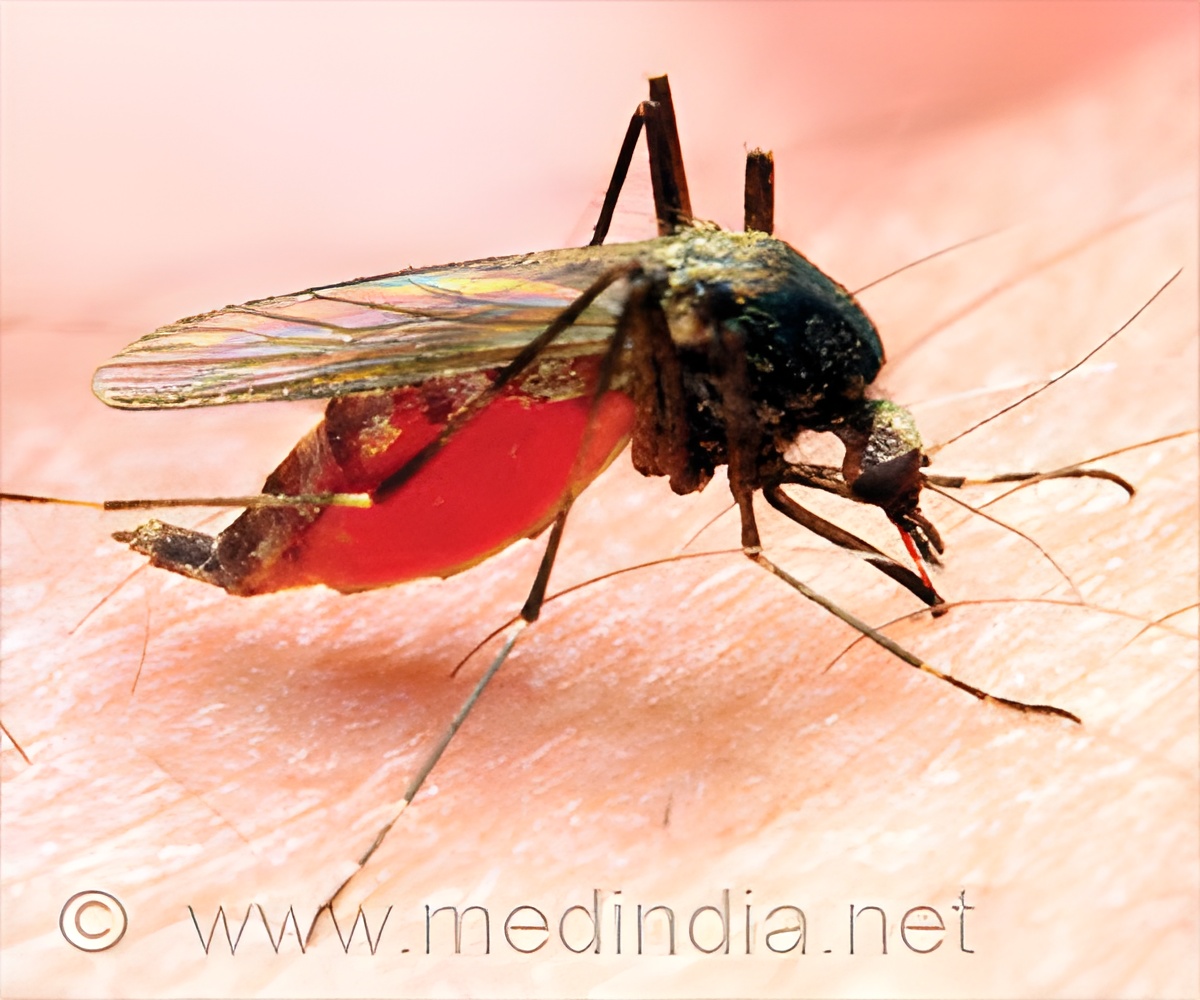Severe disease from P. vivax is associated with creatinine (a marker of kidney function) elevation and exacerbated inflammation, revealed study.

‘Severe disease from P. vivax is associated with creatinine (a marker of kidney function) elevation and exacerbated inflammation.’





Malaria, caused by a handful of Plasmodium parasites and spread by mosquitoes in tropical and subtropical areas of the world, affects over 200 million people a year. Historically, P. vivax has been associated with more mild presentations of disease, with P. falciparum causing increased severity and mortality. However, severe cases of P. vivax have been more frequently reported in recent years. These cases are often associated with impaired immune response, inflammation, and kidney involvement. In the new work, Bruno Andrade of the Oswaldo Cruz Foundation in Brazil, and colleagues analyzed data on 572 individuals from the Brazilian Amazon, including 179 patients with P. vivax infection--18 of whom had severe disease--and 165 healthy controls. The researchers studied levels of creatinine, a marker of kidney function, as well as markers of inflammation, and followed the course of disease in the patients.
Severity of disease was associated with abnormal creatinine increases, and patients who died from severe disease had the highest levels of creatinine. In addition, the levels of several immune molecules-- including IFN-£^/IL-10 ratios and CRP values--could predict outcome in subjects with elevated creatinine, differentiating those who died.
"We predict that the systemic inflammation observed in more severely ill malaria patients could be contributing to kidney dysfunction through different mechanisms," the researchers say. "The identification of key factors driving the pathogenesis of this type of disease presentation and experimental models still are necessary to guide future studies and approaches."
Source-Eurekalert















